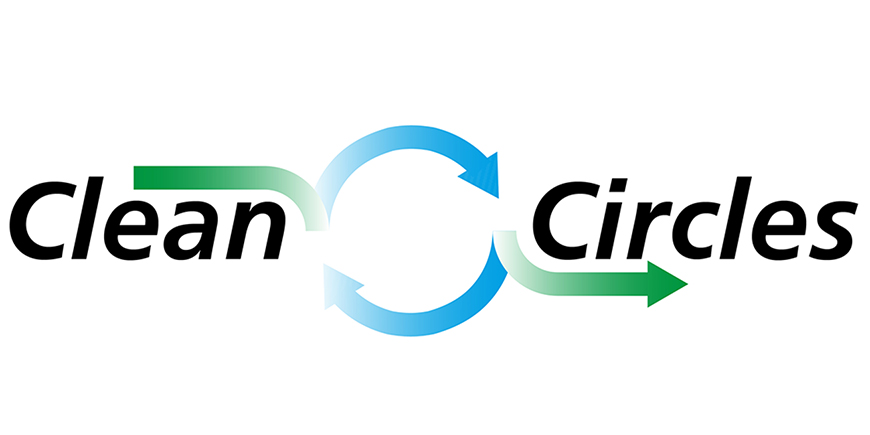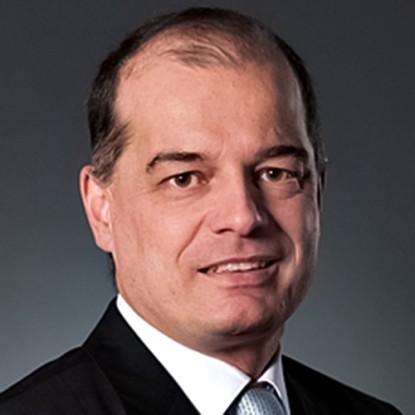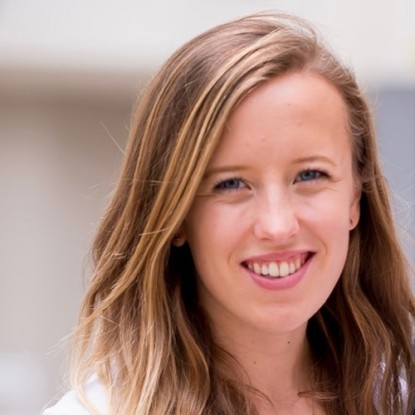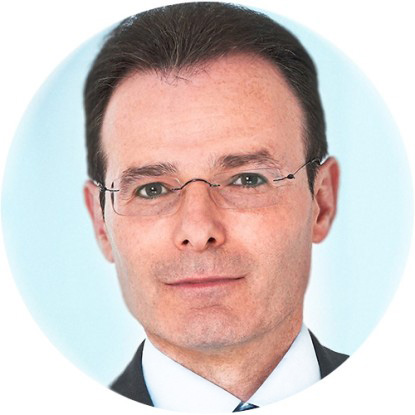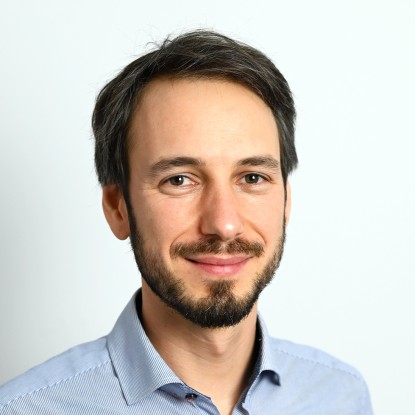Goals and scientific questions
Energy imports will play a crucial role in the dilemma of meeting Europe’s future energy demand whereby staying on the path of greenhouse gas reduction targets. This subproject aims to compare the use of reactive metals for storage and (intercontinental) transport of renewable energy with other options (e.g. green hydrogen or derived products such as synfuels) by a systemic approach under economic and ecological criteria. Answers will be provided regarding the role of reactive metals within Europe’s energy transition, with focus on their contribution to reduce costs by building on existing infrastructures, namely power plants and proven transport routes such as ships, railway and pipelines.
The application of spatially and temporally highly resolved energy system models existent at KIT, such as PERSEUS-gECT (global Energy Conversion and Transmission), allows to reach a level of detail which will provide valuable political decision support.
The examination of reactive metals as a replacement for fuels used in steam cycles requires the adaption of those models regarding, e.g.
- geographical system boundaries to include regions with high relevance for iron oxide reduction due to favourable framework conditions for renewable energies and suitable transport options and
- the techno-economic characterisation of the iron/iron oxide conversion circle.
The subproject strongly collaborates with the subproject led by Prof. M. Pfetsch which focusses on developing optimization methods for logistics networks. It will also cooperate with Prof. I. Ott in research area Socio-economic Modelling by analysing the framework of economic, social and political action needed to establish the use of reactive metals in the European Union.
The three research pillars are:
1. Data collection and development of large optimization models
2. Enhancement of time coupled and linear optimization models
3. Evaluation of public acceptance regarding the use of reactive metals
